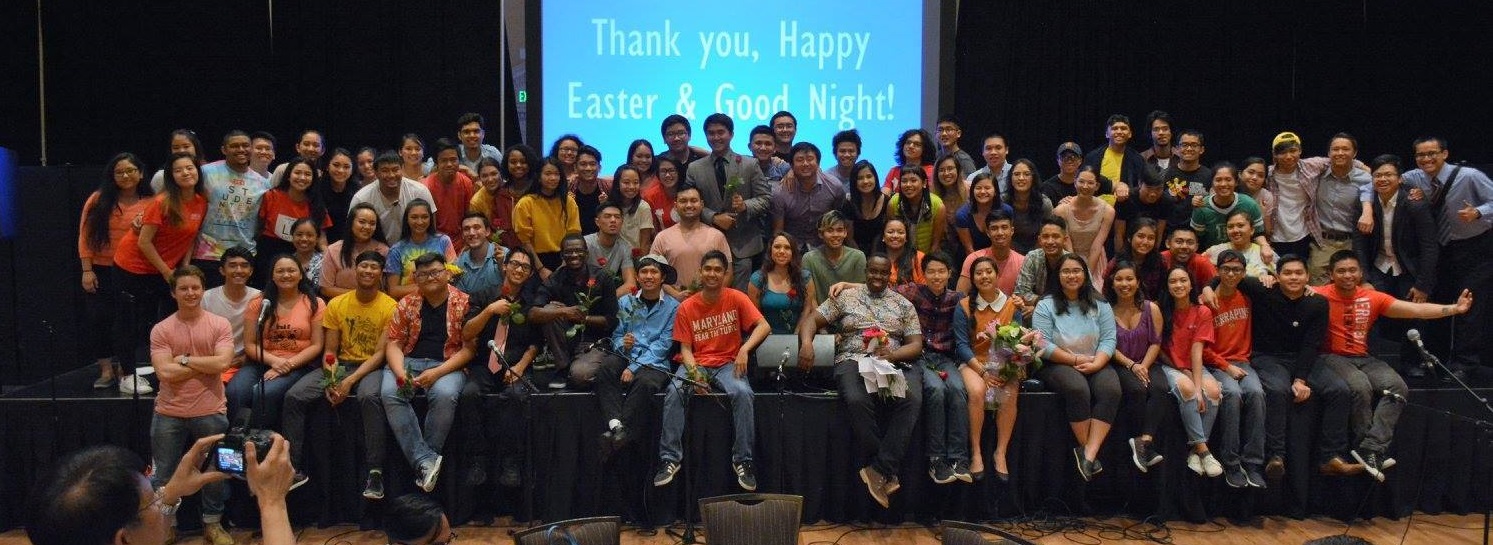Note: This page was made by FCA Webmaster 2017 – 2018, Jason Vargas, and was made public for archival purposes
Philippine Culture Nights (PCNs)

“Samahan” – Tagalog for “coming together”
“Samahan” is oftentimes used to characterize Filipino-American student organizations which, on an annual basis, come together to present to their local community an event showcasing Philippine culture and important aspects of it.
Philippine cultural and contemporary dances, folkloric singing, emotionally-charged play scenes, and a story of newfound Philippine identity and history – just some of the key elements comprising what many Filipino-American student organizations at universities across the U.S. call their “Philippine Culture Night,” or PCN for short. In other words, PCNs are students’ means of channeling their Philippine roots and expressing themselves in ways which a standard university campus does not typically allow for. Through this, students are able to uncover more about their Philippine culture and heritage, ultimately empowering them with a deeper historical understanding of themselves, their families, and their origins. Additionally, the importance of PCN to each of the students allows for intermingling of their ideas and interpretations of Philippine culture, resulting in a tight-knit community and an amalgamative understanding of their own identities.
Since the conception of PCNs in the 1980s, the focus of the students and organizations, regardless of the campus they’re on, has been to preserve Philippine history and traditions meanwhile encouraging progress in the sense of understanding one’s heritage. It raises the question notoriously asked by Professor Gem P. Daus: What does it mean to be Filipino-American? As motivation to introspectively contemplate and ultimately answer the question, they partake in the productive of PCNs, committing countless hours towards the practice of learning folk dances, memorizing their character’s lines, coordinating venue and equipment logistics, and, of course, ensuring the Filipino food catering doesn’t fall through.
Due to the valiant efforts of Filipino pensionados, students who moved to the U.S. for an education in the early 1900s, bringing over elements of Philippine culture, and the infamous Bayanihan Philippine National Folk Dance Company, which originally began the preservation of Philippine folk dances in 1957, Filipino-American students across the U.S. are now capable of learning more about themselves and their Philippine heritage through the traditional Philippine Culture Night.

